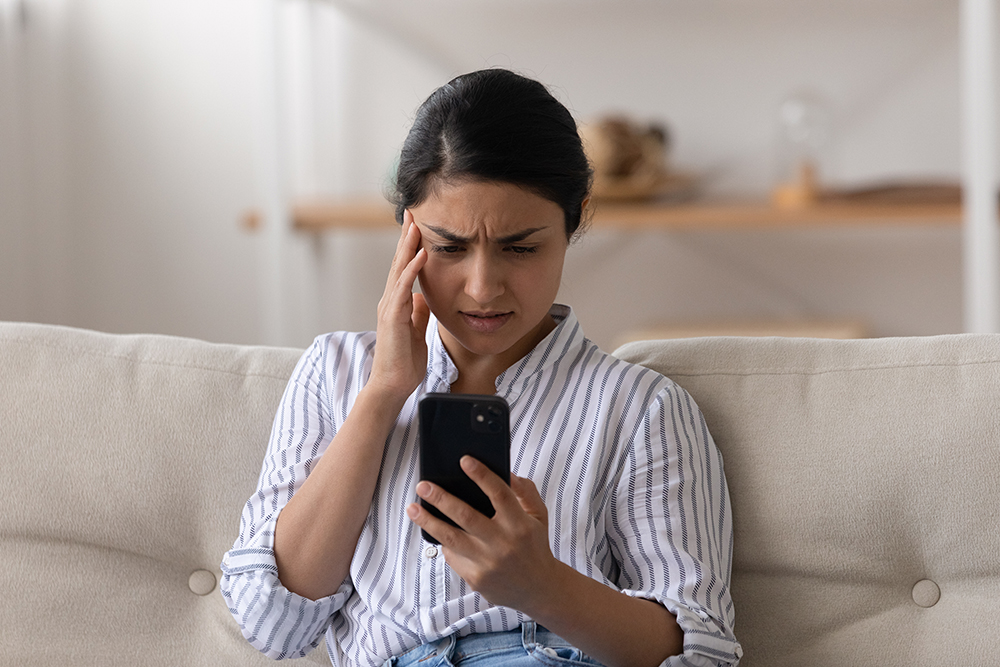In our digitally connected world, daily interactions have extended beyond face-to-face encounters and into the realm of online communication. While this connectedness offers many benefits, it has also given rise to new challenges, one of which is cyberbullying.
What Is Cyberbullying?
Cyberbullying is when someone uses electronic communication to harass, threaten or intimidate a victim. This form of abuse can look like:
- Sending threatening messages via email, social media or text.
- Spreading rumors about someone to embarrass or belittle them.
- Posting explicit photos of someone without their consent.
- Creating fake profiles to impersonate or mock someone.
- Encouraging others to join in on the persecution.
How Often Does Cyberbullying Happen?
Unfortunately, the phenomenon of cyberbullying is not rare; according to the Pew Research Center, 59% of U.S. teens have been teased, mocked or abused online. Instagram is the site where cyberbullying is most likely to take place, with 42% of those surveyed saying they have witnessed or personally experienced harassment on the platform.
While anyone can be a target, some people are at higher risk. Members of marginalized communities, people with fewer friends and those who are struggling with their identity may be more likely to be victims of cyberbullying.
Cyberbullying is not only a problem among teenagers; it can also affect adults. If you have been a victim of online abuse, recognizing the signs and seeking professional help can make a significant difference in your life.
Mental and Emotional Effects of Cyberbullying
The impact of cyberbullying can be profound and long-lasting. Survivors may have a range of reactions, including the following.
- Anxiety and depression: Constant harassment can lead to feelings of helplessness and hopelessness.
- Low self-esteem: Being targeted online can cause a significant blow to a person’s self-confidence and self-worth.
- Social isolation: Victims may withdraw from friends and family due to shame or fear of further bullying.
- Suicidal thoughts and behavior: In extreme cases, the emotional toll can lead to suicidal ideation or even attempts.
How Can Rising Roads Recovery Help?
At Rising Roads Recovery, we recognize the deep scars cyberbullying can leave on mental health. At our woman-owned, women’s-only treatment center, we empower you to create the future you’ve always dreamed of.
If you are struggling with mental illness, trauma, addiction and self-defeating behaviors, our team will help you find joy and purpose through a combination of evidence-based practices, including psychiatric consultation, medication management and healthy relationship workshops.
Cyberbullying is a modern-day challenge that requires attention, understanding and compassion.
If you or someone you know is struggling with its effects, please reach out to us at Rising Roads Recovery. Together, we can pave the way to healing and self-discovery.





